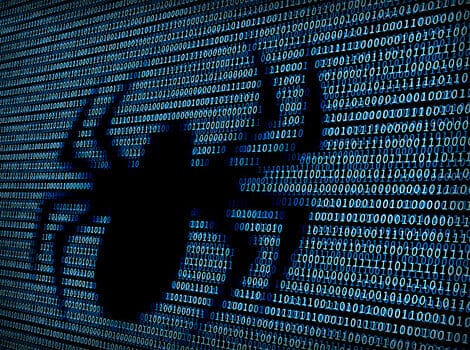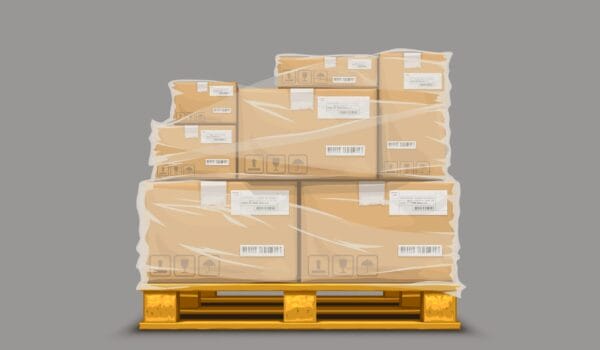Strategies to protect an LTL fleet against cyber threats should start with actions that promise the highest impacts.
Cybersecurity leaders from two NMFTA member companies recently suggested two high-impact actions that every fleet can take to significantly reduce the risk of cyberattacks now. The first is two-factor authentication. The second is the addition of a secure gateway to the fleet.
Larry Hilkene, global cybersecurity regulatory strategist for Cummins, said two-factor authentication is especially important for fleets who use remote access and have small IT staffs.
“Because they have so many connections to so many suppliers, customers and others, managing control of the access to those systems would be my number one worry,” Hilkene said. “I’ve heard of a number of fleets who have been impacted because all of a sudden they have a system held for ransomware.”
He emphasized that ransomware attacks don’t necessarily have to disable the trucks. They can merely prevent the fleet operators from knowing where the cargo is going, and they will have devastated the fleet every bit as much as if the trucks were disabled.
But two-factor authentication can make it much more difficult for such an attack to succeed, because the second factor is much more difficult for hackers to get than a user name and password that can come from a phishing site.
“It gets very easy to capture someone’s user name and password,” Hilkene said. “So when they get past that, if you make them authenticate to a phone that’s been pre-registered to the company, the odds of a hacker having that phone gets really remote.”
Hilkene added that two-factor authentication is not difficult to implement, and that major providers like Google, Oracle, Microsoft and Salesforce are willing to connect users to implementation partners who can help.
“When I was at NMFTA’s Digital Solutions Conference in November, a couple of fleet IT folks I talked to freely admitted they knew they had to do things, but they had limited resources,” Hilkene said. “But we can make the business case for it, that it can reduce your risk.”
Not only that but Hilkene said many carriers can use two-factor authentication as a competitive advantage when seeking contracts, because shippers will consider it a plus that their systems are secured and that will make them more reliable.
Robert Kaster, chief technical expert in North America cross-division cybersecurity at Robert Bosch LLC, emphasized the value of adding a secure gateway to vehicles in an existing fleet. Such a gateway allows a fleet to separate its unsecure gateway, which is necessary for easy trucker access, from the secure gateway on the other side.
“Things that have a lot of conductivity, you want to keep on one side,” Kaster said. “Engines, braking, things that are controlling the vehicle – keep those on the other side.”
Another useful factor, Kaster said, would be an intrusion detection system. This would allow fleet managers and IT staff to monitor suspicious behavior and act quickly in response.
“Disable any conductivity you don’t need,” Kaster said. “If you have conductivity for remote diagnostics over Wi-Fi, turn that off if you’re not actively doing diagnostics with it.”
For tomorrow’s vehicles, Kaster urged manufacturers to build in more secure gateways at the outset.
“The way it’s set up right now, once you can get access onto the network, everything is trusted in there,” Kaster said. “All the attackers have to do is get access to it. If you have a gateway you can put in a first line of defense where, even if the attacker can get in, it still can’t influence how the vehicle behaves. It can’t shut off the engine or disable the brakes.”
Kaster suggested that fleets should put pressure on OEMs to include such technology in coming vehicle models.
“Have a security expert do a security analysis on the current fleet to see what you’re being exposed to,” Kaster said. “Are there things we can do beyond these initial proposals? What can we do to protect the trucks we’re going to buy tomorrow?”
Finally, lest any small trucking company executives think they are too small to be targets of cyber-attackers, Hilkene urges them to think again.
“The smaller you are, the easier it is for the bad guys to penetrate, find something and take advantage,” Hilkene said. “They may only get $20,000 in ransom, but if they can get $20,000 five times a week and do that for five weeks, they just got half-a-million dollars in ransom.”
That’s why every LTL trucking company needs to take steps like two-factor authentication and secure gateways seriously.






